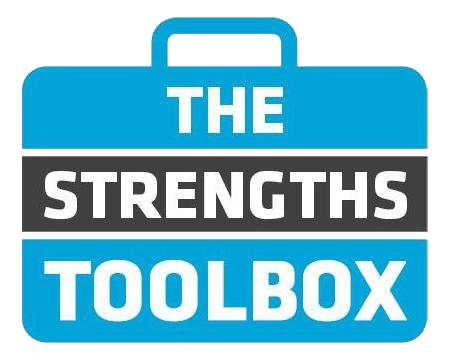Emotional intelligence describes the ability to understand one’s own feelings, and that of groups, and how these emotions can influence motivation and behavior. The concepts of Emotional Intelligence have been around since at least the 1900s, but the term was first introduced by Wayne Payne in 1985.
As a result of the growing acknowledgment by professionals of the importance and relevance of emotions to work outcomes, the research on the topic continued to gain momentum, but it wasn’t until the publication of Daniel Goleman’s best-seller Emotional Intelligence: Why It Can Matter More Than IQ that the term became widely accepted by mainstream media.
Workshop Objectives:
- Define and practice self-management, self-awareness, self-regulation, self-motivation, and empathy.
- Understand, use, and manage your emotions.
- Verbally communicate with others.
- Successfully communicate with others in a non-verbal manner.
- Identify the benefits of emotional intelligence.
- Relate emotional intelligence to the workplace.
- Balance optimism and pessimism.
- Effectively impact others.
Emotional Intelligence Course Outline:
Module One: Getting Started
- Icebreaker
- Housekeeping Items
- The Parking Lot
- Workshop Objectives
Module Two:What is Emotional Intelligence
- Self Management
- Self Awareness
- Self Regulation
- Self Motivation
- Empathy
Module Three: Four Skills in Emotional Intelligence
- How to Accurately Perceive Emotions
- Use Emotions to Facilitate Thinking
- Understand Emotional Meanings
- Manage Emotions
Module Four: Verbal Communication Skills
- Focused Listening
- Asking Questions
- Communicating with Flexibility and Authenticity
Module Five: Non-Verbal Communication Skills
- Body Language
- The Signals You Send to Others
- It’s Not What You Say, It’s How You Say It
Module Six: Social Management and Responsibility
Benefits of Emotional Intelligence
- Articulate your Emotions Using Language.
Module Seven: Tools to Regulate Your Emotions
- Seeing the Other Side
- Self Management and Self-awareness
- Giving in Without Giving Up
Module Eight: Gaining Control
- Using Coping Thoughts
- Using Relaxation Techniques
- Bringing it All Together
Module Nine: Business Practices (I)
- Understand Emotions and How to Manage Them in the Workplace
- Role of Emotional Intelligence at Work
- Disagreeing Constructively
Module Ten: Business Practices (II)
- Optimism
- Pessimism
- The Balance Between Optimism & Pessimism
Module Eleven: Making an Impact
- Creating a Powerful First Impression
- Assessing a Situation
- Being Zealous without Being Offensive
Module Twelve: Wrapping Up
- Words from the Wise
- Review of Parking Lot
- Lessons Learned
- Completion of Action Plans and Evaluations
